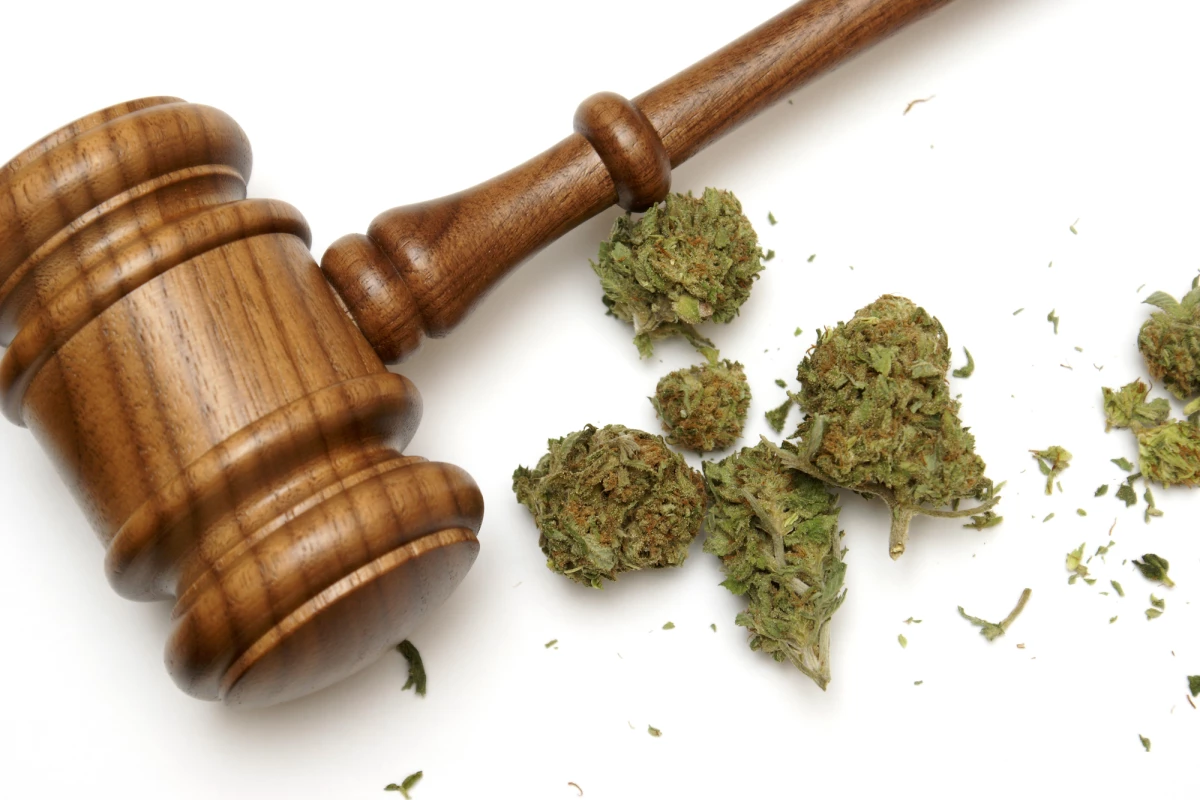With legal recreational cannabis use spreading across North America there is a constant debate over what the minimum age for consumption should be. A new study from a team of Canadian researchers is suggesting 19 is the optimal age to set for recreational use of the drug.
Hai Nguyen, from Memorial University of Newfoundland and lead author of the new study, suggests before Canada legalized recreational cannabis use, there were strong calls from scientists and doctors to set the minimum age between 21 and 25.
“This recommendation was based on scientific evidence around the potential adverse impacts of cannabis on cognitive development,” says Nguyen. “However, policymakers feared a high minimum legal age may lead to large underground markets, with those under the legal age continuing to use cannabis illegally. Ultimately, a lower legal age of 18 or 19 was decided across provinces, however there remains ongoing debate and calls to raise the legal age to 21."
As Nguyen notes, these medical recommendations were based primarily on a substantial body of research finding cannabis can disrupt neurological development in a growing brain. As studies have shown human brains don’t completely reach biological maturity until around the age of 25, it seemed like an obvious benchmark to set for legal cannabis use.
Of course, alcohol also can harm young growing brains, yet most legal limits for consuming that drug recreationally sit between 18 and 21 years of age. For this study, Nguyen and his team focused on measuring the relationship between the age of commencing cannabis use and four general important life outcomes: educational attainment, cigarette smoking status, self-reported general and mental health.
Data from two long-term Canadian tobacco use surveys were analyzed in the study. These surveys followed nearly 20,000 Canadians for multiple years offering long-term insights into drug and alcohol use.
Unsurprisingly, different outcomes led to different optimal minimum ages. For example, the study found those subjects first using cannabis after the age of 21 reached higher levels of education compared to those using cannabis before the age of 18. This suggests the optimal minimum age for cannabis use from a perspective of educational attainment is at least 21.
However, when examining general health outcomes the data suggested there were no significant differences between those starting cannabis use at the age of 18 and those beginning use at a later age. So from a general health perspective 18 is a suitable minimum legal age for cannabis use.
"Taking into account all measured outcomes, our results indicate that, contrary to the Canadian federal government's recommendation of 18 and the medical community's support for 21 or 25, 19 is the optimal minimum legal age for non-medical cannabis use,” says Nguyen. “Keeping the legal age below 21 may strike a balance between potential increases in underground markets and illegal use, and avoiding the adverse outcomes associated with starting to use cannabis at an earlier age."
There are limitations to this research, particularly as it cannot establish any causal link between cannabis use and its specified outcomes. It’s also noted in the study that the conclusion is based on even weightings between these four general outcomes. There are obviously many other factors that can influence what a given government sets as its legal age of consumption.
The new study is published in the journal BMC Public Health.
Source: BioMed Central via Eurekalert




